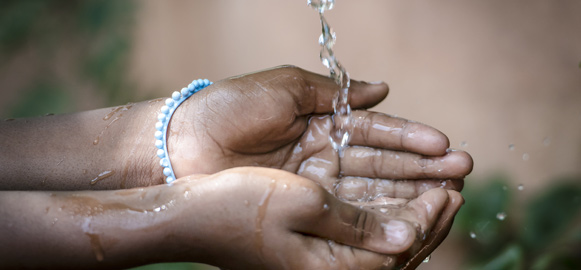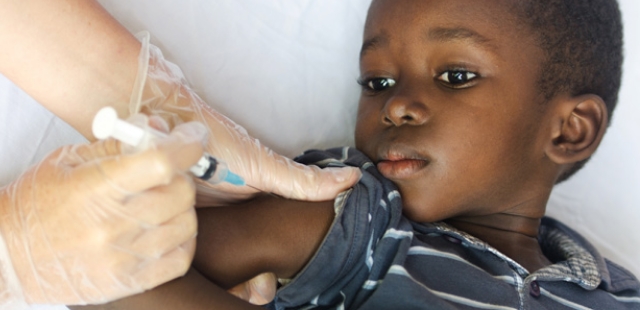About Cholera
There are about 2.8 million cholera cases and about 91,000 deaths in counties where cholera is common. Cholera tends to be most prevalent in countries with inadequate water treatment, poor sanitation, and inadequate hygiene?
Cholera is an acute diarrhoeal illness caused by bacteria. The disease infects the small intestine and causes painless, watery diarrhoea.


Countries at Risk
The disease is found throughout the world particularly in countries where poor sanitation conditions are observed. It is particularly prevalent in parts of Africa and South East Asia. If you are local to Middlesex and require vaccination against Cholera, please call and book an appointment today.
If you are planning to visit any of the following countries – Afghanistan, Bangladesh, Cameroon, Chad, Cuba, Democratic Republic of the Congo, Dominican Republic, Ghana, Guinea-Bissau, Haiti, India, Nepal, Niger, Nigeria, Papua New Guinea, Philippines, Sierra Leone, South Sudan, Tanzania and Yemen, we encourage all travellers to ensure they have booked an appointment for Cholera vaccination through our Middlesex based Travel Clinic.
Cholera Vaccine
- The Cholera vaccination is given as a drink, where the ingredients are mixed with water.
- For adults and children over the age of six, two doses of the vaccine are needed.
- A booster is obligatory if you continue to be at risk.
- All doses must be taken one to six weeks apart.
- Ideally, the vaccination course should be completed at least one week before travelling.
- For volunteers, aid workers and medical personnel in disaster relief situations where cholera outbreaks are likely; cholera vaccination is absolutely compulsory.
- Those travelling to work in refugee camps, slums, areas affected by natural disasters, or countries experiencing cholera outbreaks, cholera vaccination is obligatory.
Prevention
Consume fresh food and water particularly in countries where cholera is predominant. Avoid untreated water, ice, shellfish, salads, peeled fruit and raw vegetables.

We pride ourselves on offering our customers a quick, efficient service.